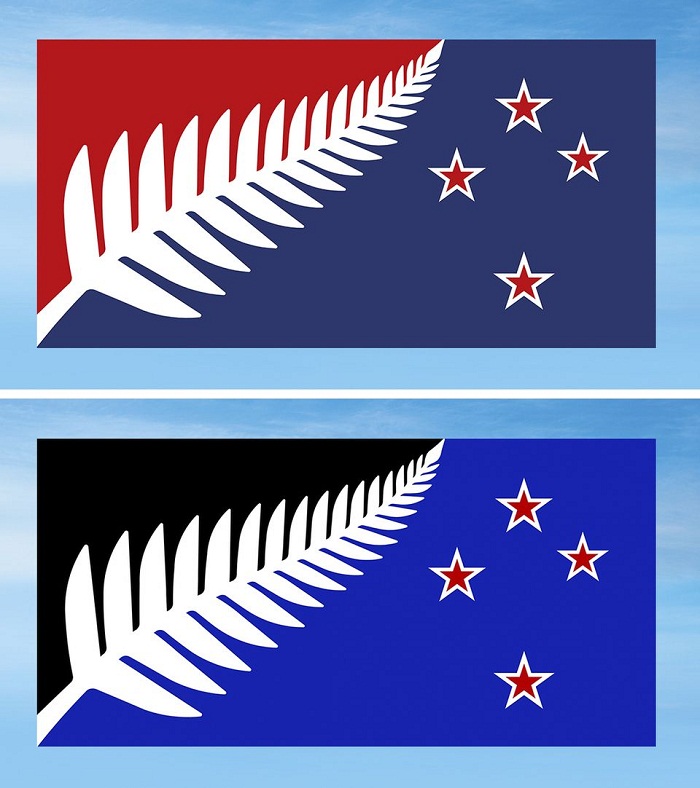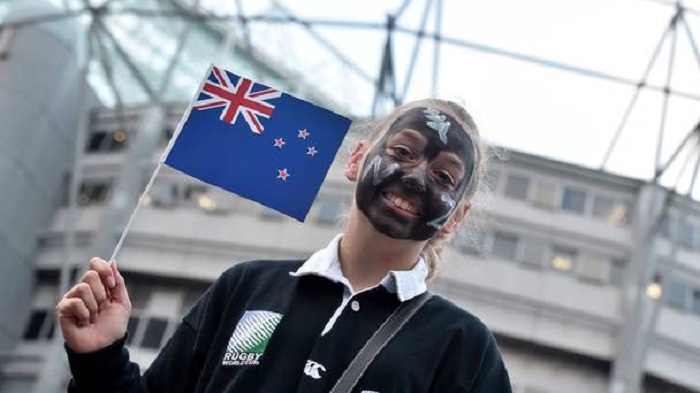But that will not mark the end of the process. Whichever flag wins Tuesday will then be pitted head-to-head against the current flag in a second vote to be held in March.
The winning design has similarities to the current flag. It retains the four red stars representing the Southern Cross but ditches the British Union Jack in favor of the fern, which has become a national symbol and is worn by many sports teams including the beloved All Blacks rugby team.
New Zealanders were choosing between five options for an alternative flag. Two were designed by Kyle Lockwood with the color in the top left corner black in one design and red in the other.
Preliminary results released Friday showed Lockwood`s black option winning 50.5 percent of the vote and the red option 49.5 percent in a runoff voting system.
Figures from the Electoral Commission indicated it had received 1.53 million votes in the postal ballot by Friday, representing 48 percent of eligible voters in the country of 4.6 million people. Some late votes and overseas ballots won`t be counted until Tuesday when the official result is announced.
Initially there were only four alternative flag options slated for the ballot, but a popular campaign for a geometric design called "Red Peak" prompted lawmakers to amend the rules to add it to the finalists. But Red Peak ended up finishing a distant third behind the Lockwood designs.
Many in New Zealand consider the current flag to be outdated and too similar to Australia`s flag. The Union Jack, or Union Flag, harks back to a colonial past that many New Zealanders are eager to put behind them. New Zealand sometimes comes under the shadow of Australia, its larger neighbor, and having flags that are almost identical only compounds that problem.
However, there are plenty of New Zealanders who want to keep their current flag. Many veterans fought under the flag and feel a special bond to it. Others simply don`t see any need for a change, or view the process as an expensive stunt initiated by Prime Minister John Key to distract from more pressing issues.

More about:
















































